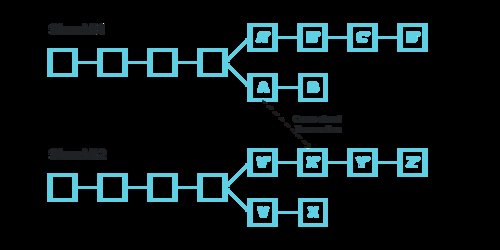Average ETH Transaction Time: A Comprehensive Overview
Understanding the average Ethereum transaction time is crucial for anyone looking to engage in decentralized finance (DeFi) or simply send Ether (ETH) across the network. The transaction time can vary significantly based on several factors, and it’s essential to have a clear understanding of these variables to optimize your Ethereum experience.
What is the Average ETH Transaction Time?
The average ETH transaction time refers to the duration it takes for a transaction to be confirmed on the Ethereum network. This time can range from a few seconds to several minutes, depending on network congestion and other factors.

Factors Affecting ETH Transaction Time
Several factors can influence the average ETH transaction time:
| Factor | Description |
|---|---|
| Network Congestion | High levels of network congestion can significantly increase transaction times. |
| Transaction Size | Bigger transactions may take longer to process due to their size. |
| Transaction Fee | Higher transaction fees can incentivize miners to prioritize your transaction, potentially reducing processing time. |
| Network Block Time | The time it takes for a new block to be added to the blockchain, which affects transaction confirmation times. |
Understanding these factors can help you make informed decisions when sending ETH.
Network Congestion
Network congestion is one of the most significant factors affecting ETH transaction time. When the network is busy, miners have more transactions to process, which can lead to longer confirmation times. During peak times, such as when a new Ethereum feature is released or when there’s a surge in DeFi activity, network congestion can become a major issue.
Transaction Size
The size of your transaction can also impact its processing time. Larger transactions require more data to be stored on the blockchain, which can slow down the confirmation process. It’s essential to keep your transaction size as small as possible to ensure quick processing.

Transaction Fee
Transaction fees play a crucial role in determining the priority of your transaction. Higher fees incentivize miners to include your transaction in the next block, reducing the average ETH transaction time. However, keep in mind that high fees can be expensive, so it’s essential to find a balance between cost and speed.
Network Block Time
The time it takes for a new block to be added to the Ethereum blockchain is another critical factor. The current average block time is around 15 seconds, but this can vary. A shorter block time means faster transaction confirmation, while a longer block time can lead to longer wait times.
Optimizing ETH Transaction Time
Here are some tips to help you optimize your ETH transaction time:
- Monitor network congestion and adjust your transaction size and fee accordingly.
- Use a wallet that allows you to set your transaction fee manually, ensuring you pay a fair price for your transaction.
- Stay informed about Ethereum network updates and changes that may affect transaction times.
By understanding the factors that affect the average ETH transaction time and taking appropriate measures, you can ensure a smooth and efficient Ethereum experience.
Conclusion
The average ETH transaction time is a critical factor to consider when engaging in Ethereum-based activities. By understanding the various factors that influence transaction time and taking appropriate measures, you can optimize your Ethereum experience and ensure quick and efficient transactions.



